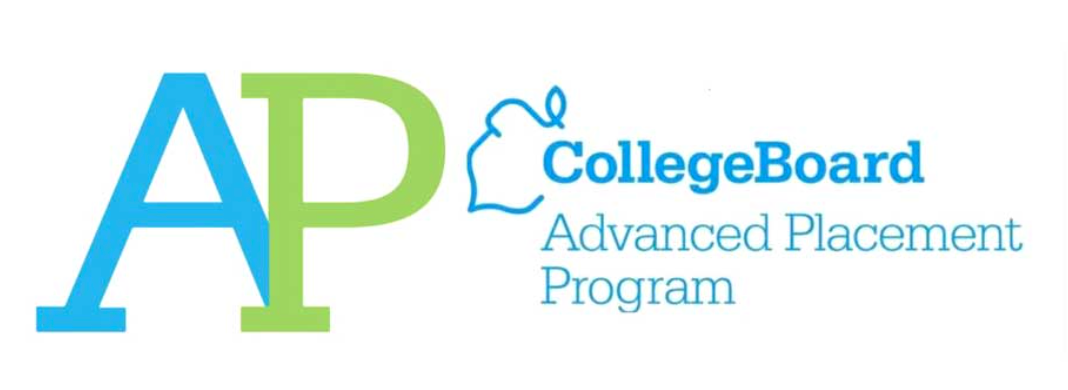
[After I wrote this, I realized that I wrote a very similar post two years ago. I guess I'm both consistent and forgetful. You probably didn't read that one, so here's Why I Read APs, 2.0.]
When this post goes live, I'll be hours away from beginning eight days of reading the College Board's Advanced Placement English Literature and Composition student essays. To be clear, each year, I read around fourteen hundred responses to the same writing prompt (though one year, I was assigned to a different group and ended up reading essays written to more than five distinct assignments -- ahh, the glory days). My least favorite part of being an English teacher is the grading, so one might wonder why I'd spend the first week or more of my summer vacation doing nothing but reading student work for kids I don't even know. People have asked me over the years why I grade APs, so I thought I'd answer here. There are several reasons.
First, I adore the other people who grade APs with me. Over the years, I've met a wonderful group of people from all over the country (though one is right here in CT, and I've never seen him except at AP gradings). Getting to hang out with this group of English teachers each afternoon after we complete the day's work )or during breaks, if we're on the same question) makes for a fun week. They all love talking about books, pedagogy, and teenagers. They're all okay with puns and not above dad jokes. They're my tribe. (Hello, CB, EF, EE, LW, JL, and JV. I miss you since we've moved to online grading. Seeing you is by far the top of my list.)
Second, the reading offers amazing professional development. I know that the College Board believes the speakers and open meetings and mixers they offer each night are the value added, but they're dead wrong on that. In fact, it's the work itself that engages me. When I read twenty or so responses to a prompt I've created for my own students, I can see some of the ways that writers make mistakes in their thinking, structure, revision, and editing processes. When I read over a thousand answers to the same question, I can see the big picture. I've learned so much about how to explain writing to my students as a result of my work with the AP.
Third, they pay. Okay, College Board doesn't pay nearly my tutoring rate, but it's not a bad thing to kick off the summer with a little influx of cash.
Fourth, I've learned about some amazing books during my readings. Both the prompts and the student responses have introduced me to texts I've since taught and loved. (One of the three essay prompts requires students to write about any book they've read. Some of the years I've been on that question, I kept track of the books students select.) Reading APs offers a little window into classrooms all over the country. While I never need to see another analysis of the green light in The Great Gatsby or the raft in Adventures of Huckleberry Finn, I was thrilled to learn about books such as Andrew Sean Greer's Less and Chaim Potok's My Name is Asher Lev, both of which I've now taught.
Fifth, when we read in person, we get sent to live in other places. I know you worldly people may not think that Kansas City, Louisville, and Salt Lake City are the bees' knees, but I loved getting to go to all three. I got to meet family I hadn't met and visit with friends I hadn't seen in years. (Hi, K and CB!) I went to baseball games, museums, restaurants, and interesting neighborhoods. I also got to live in a hotel room and sample the local cuisine. If the reading is in-person again next year, I'm eager to find out where and sign myself up for the trip.
Do you participate in any professional development that others don't always understand or appreciate? Alternately, did you take an APs or grade them? I'd love to read your thoughts in the comments.